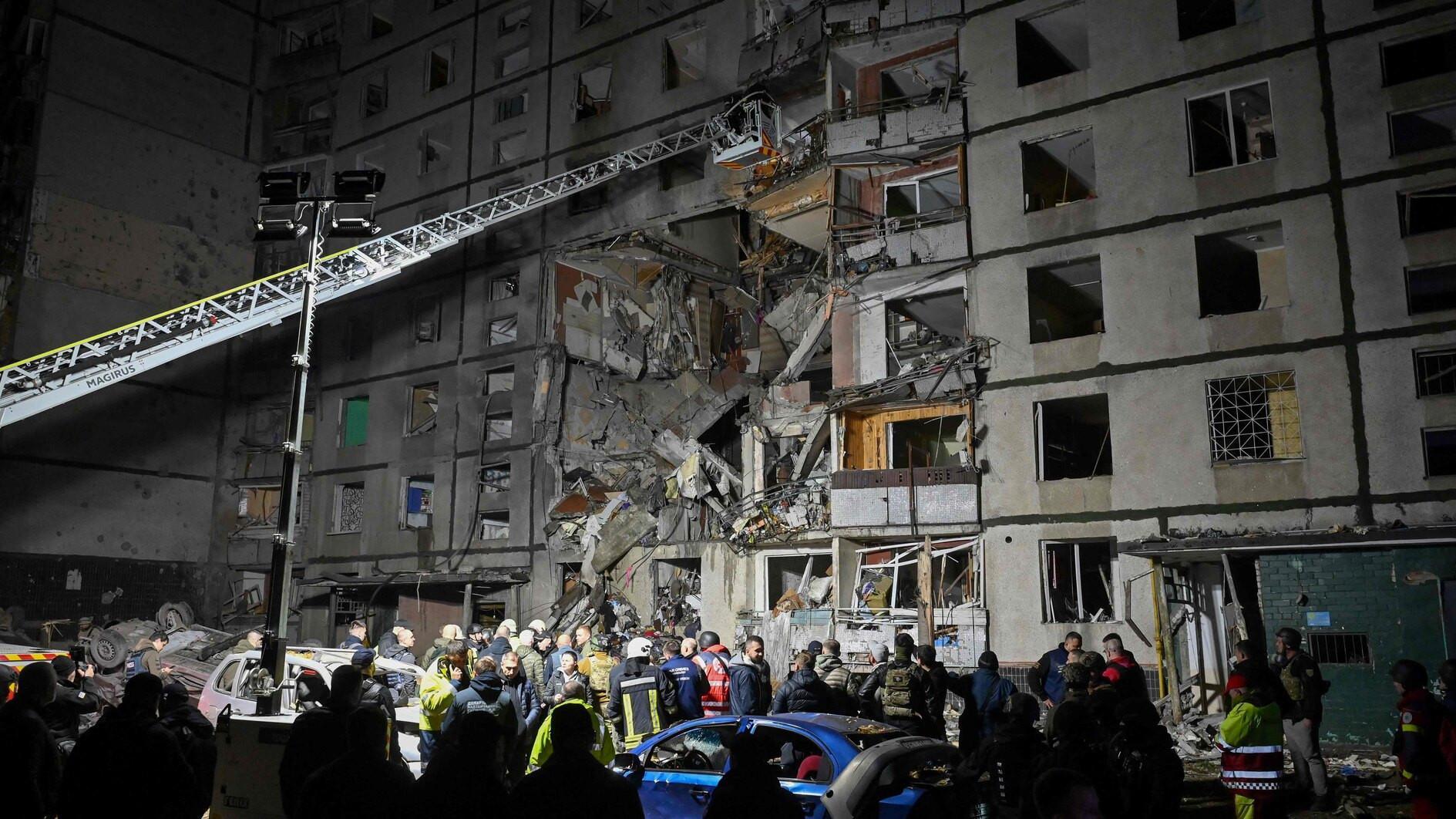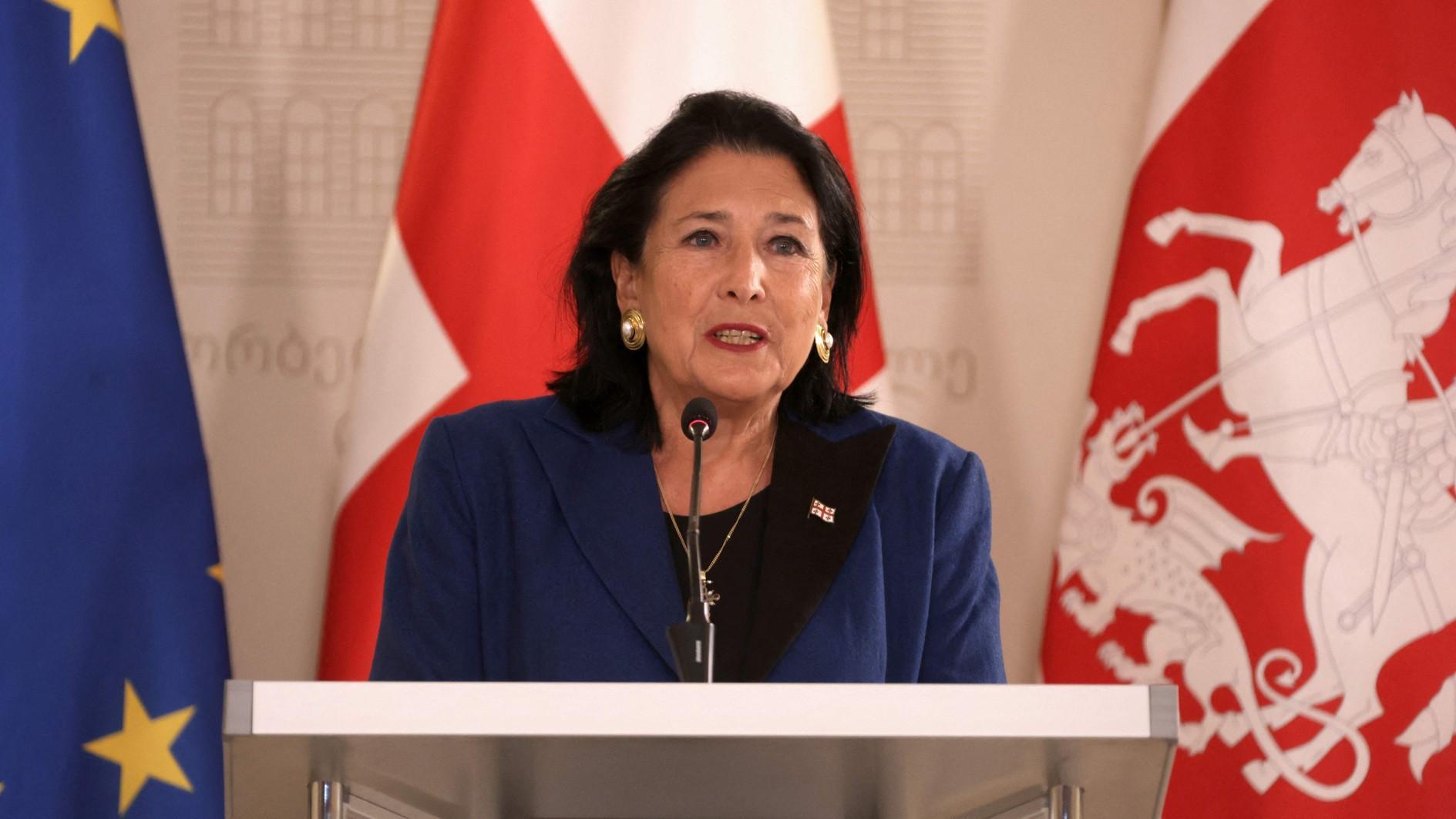The urban legend of the ‘new Cold War’
The Syrian crisis has certainly revitalized old scenes from the Cold War in our minds. However don’t be fooled by the de facto power blocs in international politics. They are only virtual.
Addressing military leaders at the U.S. Naval Academy in April 2012, Secretary of State Hillary Clinton said we were not on the brink of a new Cold War, adding that 2012 “is not 1912, when friction between a declining Britain and a rising Germany set the stage for global conflict.” 2012 isn’t 1962 either, when antagonism between socialism and capitalism peaked with the Cuban Missile Crisis. It is not that friction and antagonism are absent in 2012 – it is just the opposite, they are pervasive. However, the big picture is strikingly different today.
The difference is not only that the Soviet Union collapsed and the Eastern bloc dissolved or that bipolarity transformed into multipolarity. Today, interest-based policy has replaced ideology. In Joseph Nye’s words, the post-Cold War international order brought about “multi-level interdependence.” This fundamental system transformation forces states to play a very hard balancing game. In 2012, tension between great powers is contained instead of protracted.
Last week, The New York Times published a report stating that Washington and Tehran have agreed in principle to have one-on-one negotiations concerning Iran’s nuclear program after the American presidential election. Even though the Obama administration immediately denied this agreement, the official added that the U.S. would continue to work with permanent members of the U.N. Security Council and Germany on a diplomatic solution and that they are prepared to meet bilaterally. Well, he almost rephrased the report. Most recently it was also announced that six key players, the U.S., U.K., France, Germany, Russia and China, would soon spearhead an initiative offering to lift some of the sanctions on Iran.
On the other hand, the Guardian recently reported that Britain has rebuffed U.S. demands to use military bases in the U.K. to support the buildup of forces in the Gulf. Obviously, there is no appetite within the U.K. to be drawn into any conflict even alongside its closest ally. This must have come as a bit of surprise to the U.S.
When accepting the Nobel Prize in 2009, Obama said, “Within America, there has long been a tension between those who describe themselves as realists or idealists; a tension that suggests a stark choice between the narrow pursuit of interests or an endless campaign to impose our values around the world.” That tension has faded away. Realism has prevailed. Today, leaders talk like idealists but act as realists. Cold War-like power blocs will certainly remain, however states are compelled to get along with them.
It sounds like getting stuck in a Catholic marriage that does not permit divorce. Despite severe conflict, the parties are subject to a lifelong commitment. Not a happy ending for sure, yet certainly a realistic one.











